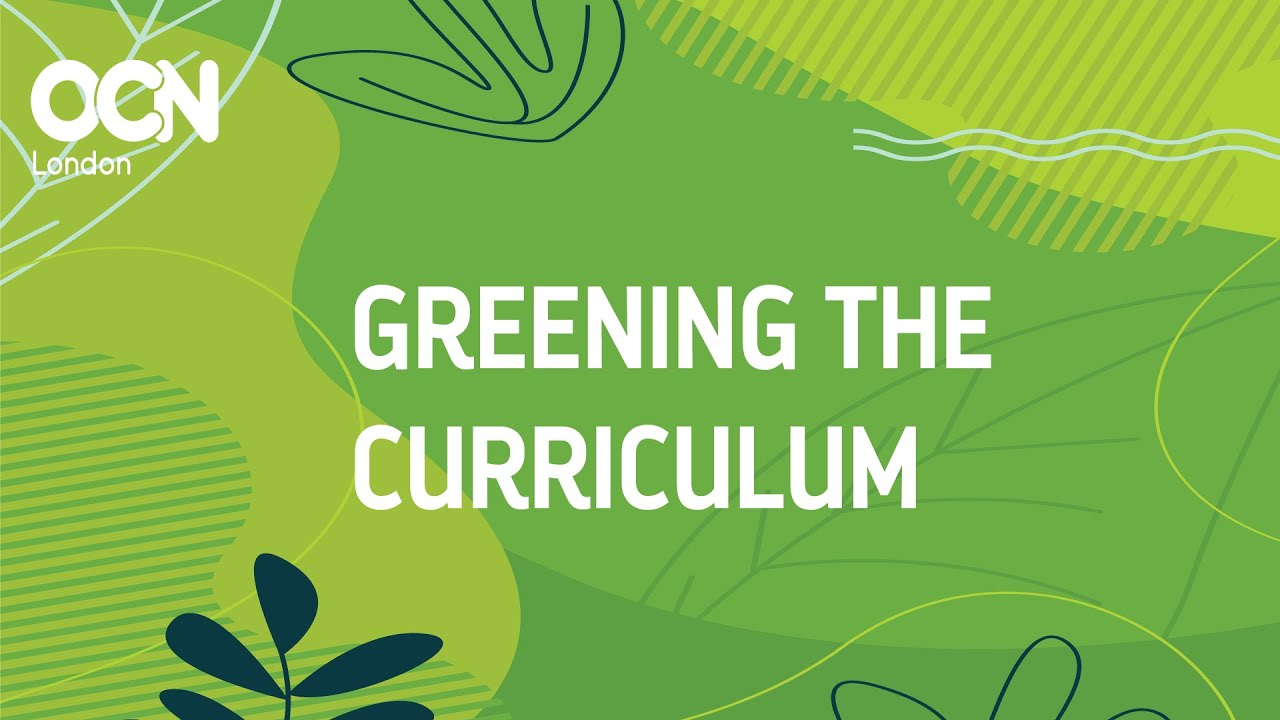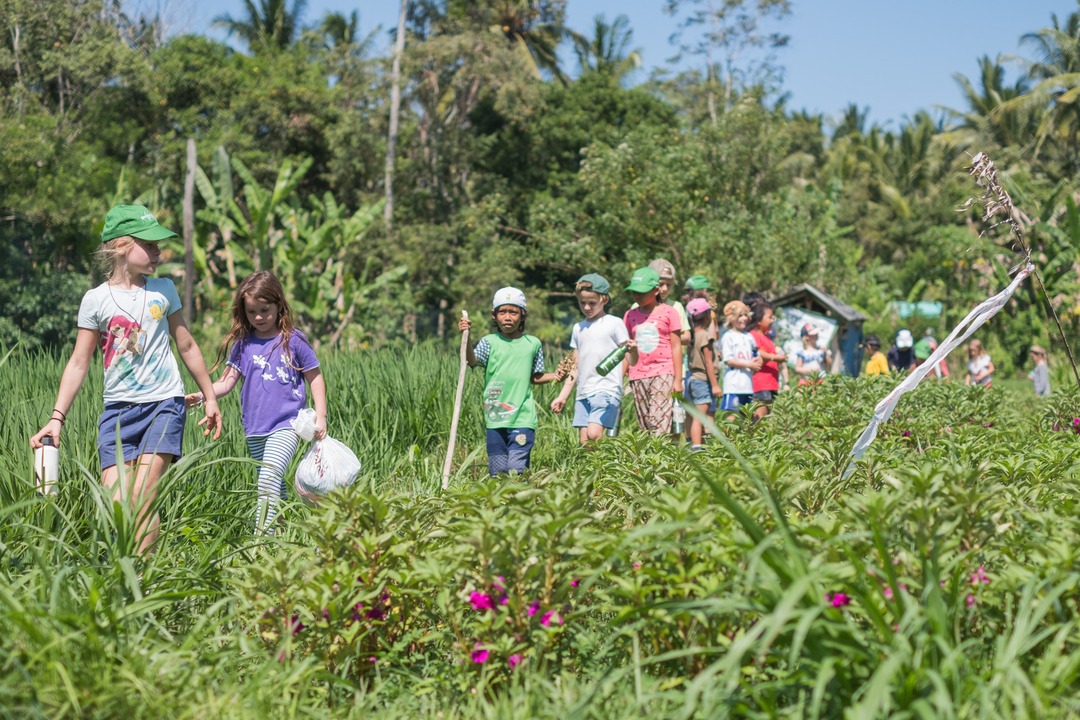Green curriculam research
Green curriculum research focuses on the development, implementation, and evaluation of educational approaches that promote sustainability, environmental awareness, and a sense of responsibility towards the planet. Here are some key areas of research within the field of green curriculum:
- Curriculum development: Research examines how to integrate sustainability principles and environmental education across different subjects and grade levels. This includes developing learning materials, designing curriculum frameworks, and aligning educational standards to incorporate green concepts effectively.
- Pedagogical approaches: Studies explore teaching strategies and methods that engage students in active learning and critical thinking about environmental issues. This may involve inquiry-based learning, project-based learning, field-based experiences, and the use of technology and multimedia resources to enhance students’ understanding of sustainability.
- Teacher education and professional development: Research focuses on preparing teachers to effectively deliver green curriculum and incorporate environmental education into their teaching practices. This includes examining pre-service and in-service training programs, identifying effective pedagogical approaches, and exploring ways to support teachers in addressing sustainability topics in their classrooms.
- Student outcomes and engagement: Research assesses the impact of green curriculum on student learning outcomes, environmental attitudes, and behavior change. This includes evaluating students’ knowledge gain, their environmental awareness, and the extent to which they adopt sustainable practices in their daily lives.
- Community engagement and partnerships: Studies investigate the role of community engagement and partnerships in promoting green curriculum. This includes exploring the benefits of involving local organizations, businesses, and community members in environmental education initiatives, as well as examining the impact of such collaborations on students’ learning and the broader community.
- Evaluation and assessment: Research focuses on developing assessment tools and frameworks to measure the effectiveness of green curriculum implementation. This involves identifying appropriate indicators, conducting formative and summative evaluations, and examining the long-term impact of sustainability-focused education on students, schools, and communities.
It’s worth noting that the field of green curriculum research is continually evolving, with new studies and findings being published regularly.
Latest technology of Green curriculum
There were several developments in incorporating green curriculum and technology in education. Here are some of the latest trends and initiatives in this area:
- Sustainability-focused education: Many educational institutions have been integrating sustainability and environmental topics into their curriculum. This includes incorporating subjects like renewable energy, waste management, climate change, and sustainable development into various disciplines such as science, social studies, and even business programs.
- Green technology and resources: Educational institutions are increasingly adopting green technologies and resources to reduce their environmental impact. This can involve using energy-efficient equipment, implementing renewable energy systems like solar panels, utilizing smart building technologies, and promoting eco-friendly practices such as recycling and reducing paper waste.
- Online learning and digital tools: The digitalization of education has created opportunities to integrate green curriculum and resources. Online platforms and educational technology tools can provide interactive modules, simulations, and virtual field trips that engage students in environmental topics. Additionally, e-books and digital resources help reduce paper consumption.
- Environmental clubs and extracurricular activities: Schools often encourage students to participate in environmental clubs and engage in sustainability-focused extracurricular activities. These clubs provide platforms for students to learn about and take action on environmental issues, such as organizing recycling programs, conducting awareness campaigns, and participating in community clean-up initiatives.
- Partnerships with environmental organizations: Educational institutions may collaborate with environmental organizations and local communities to develop and implement green initiatives. Such partnerships can involve organizing workshops, guest lectures, and field trips to enhance students’ understanding of environmental issues and solutions.
It’s important to note that the implementation of green curriculum and technology may vary across different educational institutions and regions.





